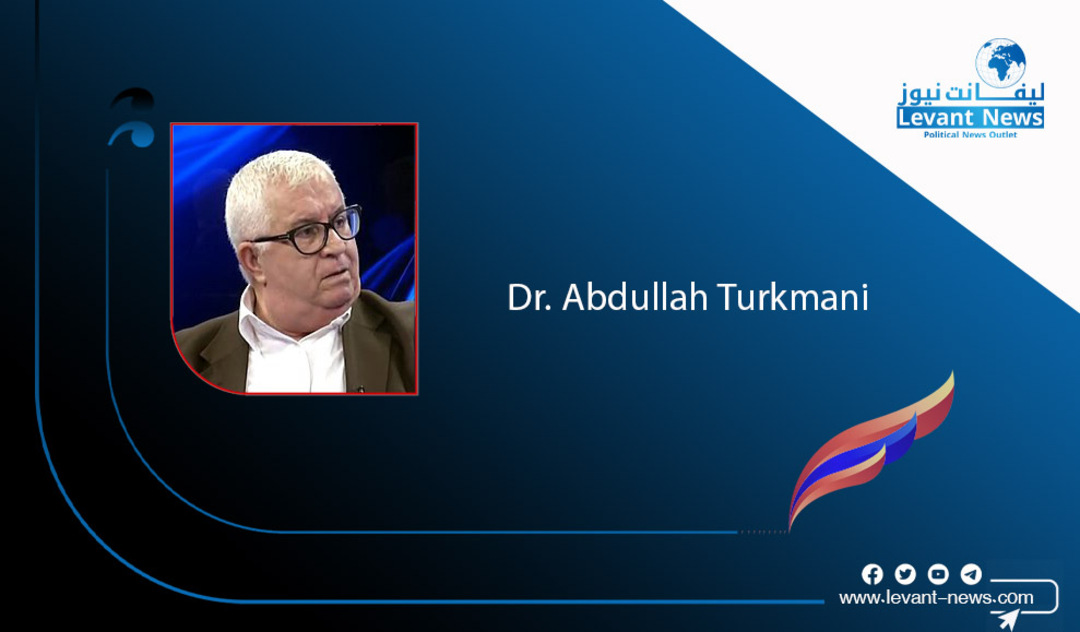-
Towards Transitional Justice that is Not Retributive

Transitional justice is considered an important option following change in authoritarian states, as is the case in Syria, necessitating the application of its possible mechanisms to achieve comprehensive national reconciliation. Overcoming the phase of tyranny and restoring civil peace and community unity requires preparing souls by rectifying injustices, restoring rights to their rightful owners, compensating victims, uncovering the fate of the missing, defining responsibilities, and holding perpetrators of violations and crimes against humanity accountable.
Human rights violations in Syria are numerous and varied, with the most notable being war crimes and crimes against humanity committed by the Syrian regime's forces and their Russian and Iranian supporters. To facilitate accountability efforts, an independent commission for truth and justice could be established, comprising representatives from various sectors related to justice. This commission should have legal personality and ensure its financial and administrative independence. The greatest threats to this justice are the ideological blindness of some individuals and the sectarian bias of others, which portend the emergence of explosive points of sectarian or national conflict, potentially leading to the collapse of the political change project into chaos and civil strife.
The human rights violations in Syria, particularly the war crimes and crimes against humanity committed by the Syrian regime forces and their Russian and Iranian supporters, as well as by some armed opposition groups during the years of the Syrian revolution, emphasize the need to explore the best ways to address this legacy of the past. The issue of impunity for perpetrators of crimes is one of the significant concerns in transitional political experiences. Furthermore, the transitional president, Ahmed al-Shara, has emphasized the need to "launch a transitional justice process."
According to the International Center for Transitional Justice, this is an "exceptional concept of justice that differs from the conventional understanding in terms of objectives, rules, standards, bodies, and mechanisms, because exceptional circumstances require exceptional treatment, and the usual rules of justice and its mechanisms are inadequate." The focus of this concept is on revealing the truth, redressing harm, and compensating victims through the prosecution of offenders, while acknowledging the special status of the victims and participating in institutional reform aimed at supporting the rule of law and fundamental rights, and establishing good governance.
The concept encompasses two meanings: justice and transition, through the establishment of truth commissions in all Syrian governorates, working under the supervision of a central independent body. The aim is to ensure—according to the "Day After" project—the prosecution of those responsible for the crimes, the investigation of facts, compensation, the commemoration of victims, and rehabilitation measures including psychological and social support.
Transitional justice in Syria aims to initiate comprehensive social reconciliation, so that future generations can enjoy a sound social environment free from hatred or revenge. Thus, numerous critical questions will arise during the transitional phase in Syria, including: What types of crimes and violations should be prosecuted? What are the levels of responsibility? Is this responsibility criminal or civil? What timelines are required for the processes of accountability?
Because transitional justice is not retributive, it is essential to establish committees for civil peace and national reconciliation, reaching out to areas that have experienced sectarian or national conflicts, in an attempt to restore trust among the components of Syrian society. In any case, the principle of mutual benefit must be emphasized, meaning that former officials whose hands are not stained with the blood of the Syrian people or public corruption should recognize that negotiating for the success of the political transition is a guarantee against future accountability. Additionally, victims of violations must understand that Syria's future depends on their ability to transcend the past in order to participate in a shared vision for the country's future.
It appears that ensuring national unity is contingent upon forming a transitional justice body from members selected based on competence, integrity, and nationalism rather than quotas, so that it is characterized by administrative and financial independence from the executive authority. Its formation must arise from a community path supported by the authority. The longer its formation is delayed and its operations postponed, the more the confidence of victims of violations in the willingness of the transitional leadership to initiate this path diminishes.
Certainly, there is no one-size-fits-all recipe for implementation in every country emerging from authoritarian regimes, which necessitates formulating a Syrian approach that benefits from the diversity of other experiences. However, delaying the identification of this approach could lead to a loss of trust among victims of violations, prompting them toward retaliation, which threatens civil peace. Establishing an independent transitional justice authority has become one of the priorities of the transitional phase, especially after witnessing ethnic tensions in some provinces.
It has the potential to shield Syrians from future violations, as has been done in over 40 countries since the 1970s, including South Africa, Rwanda, Eastern Europe, Morocco, and Tunisia. These countries have succeeded in opening a new chapter in coexistence among their religious and national components, overcoming the constraints of the past, and creating a progressive horizon for their peoples—especially when the accountability of war criminals was accompanied by restorative justice imposed by the higher interests of these states. The matter is closely .
Dr. Abdullah Turkmani
You May Also Like
Popular Posts
Caricature
opinion
Report
ads
Newsletter
Subscribe to our mailing list to get the new updates!




















